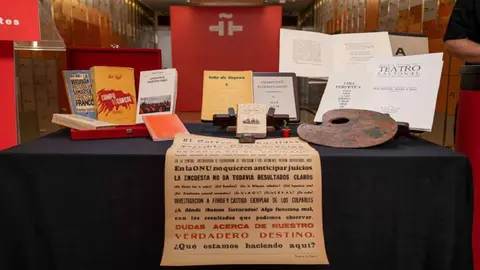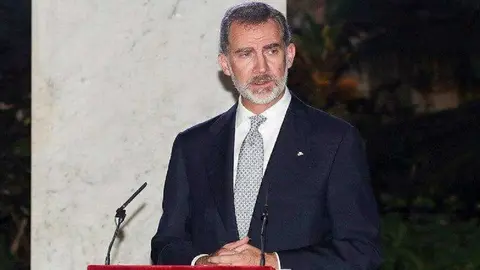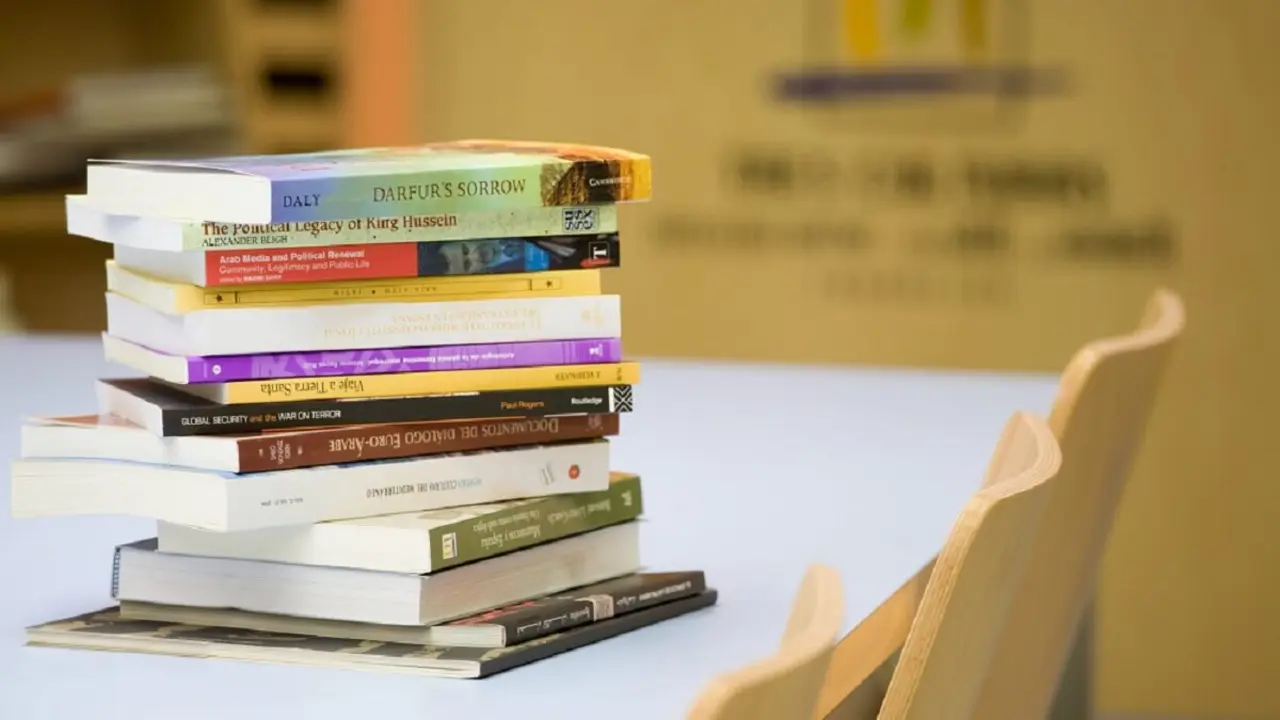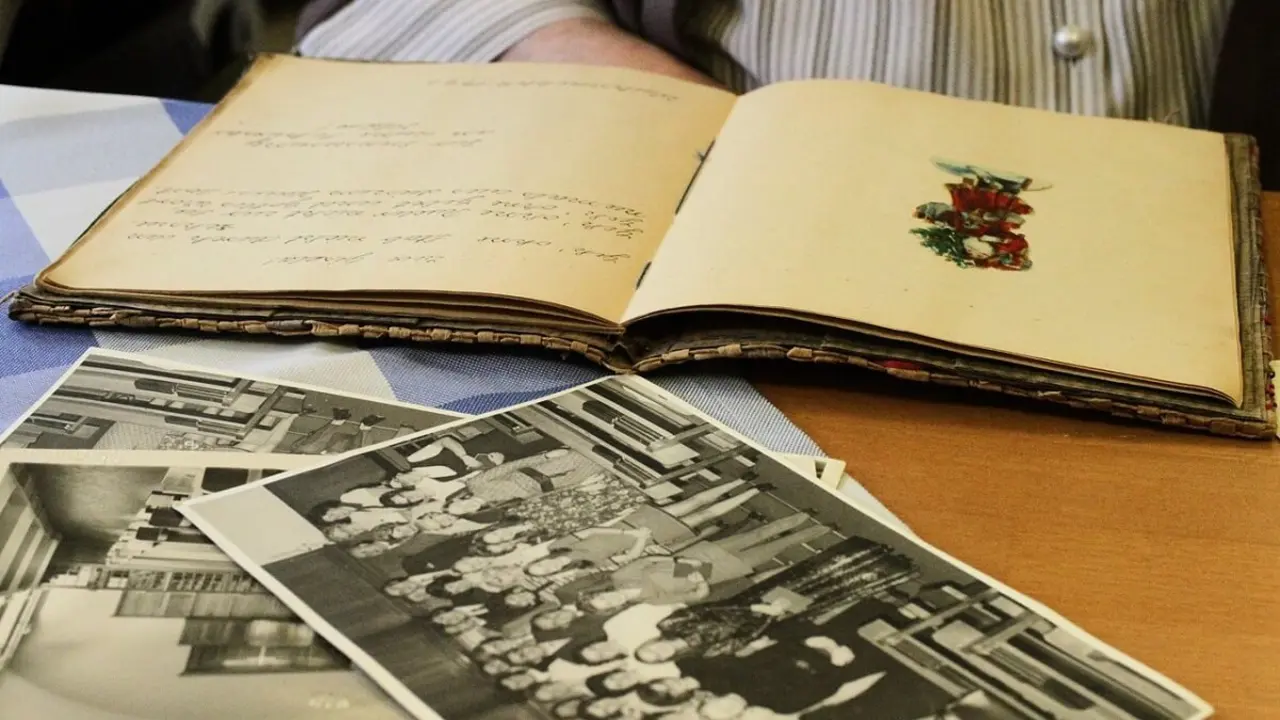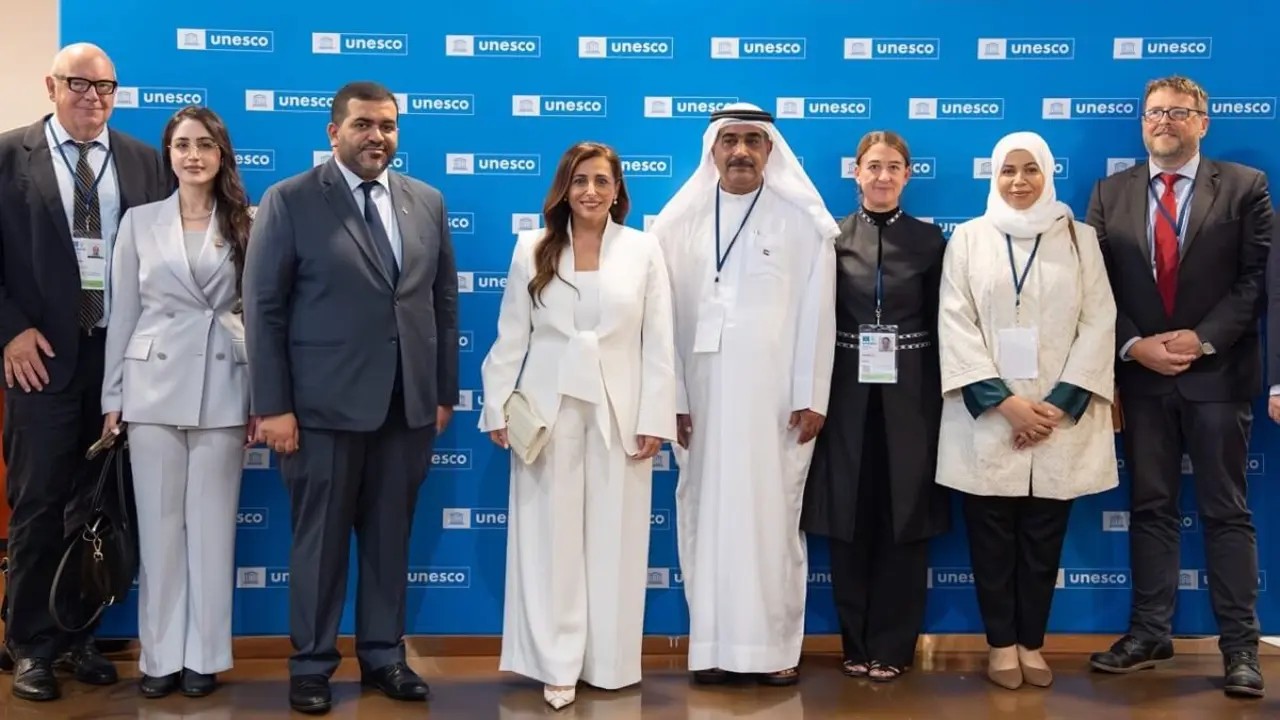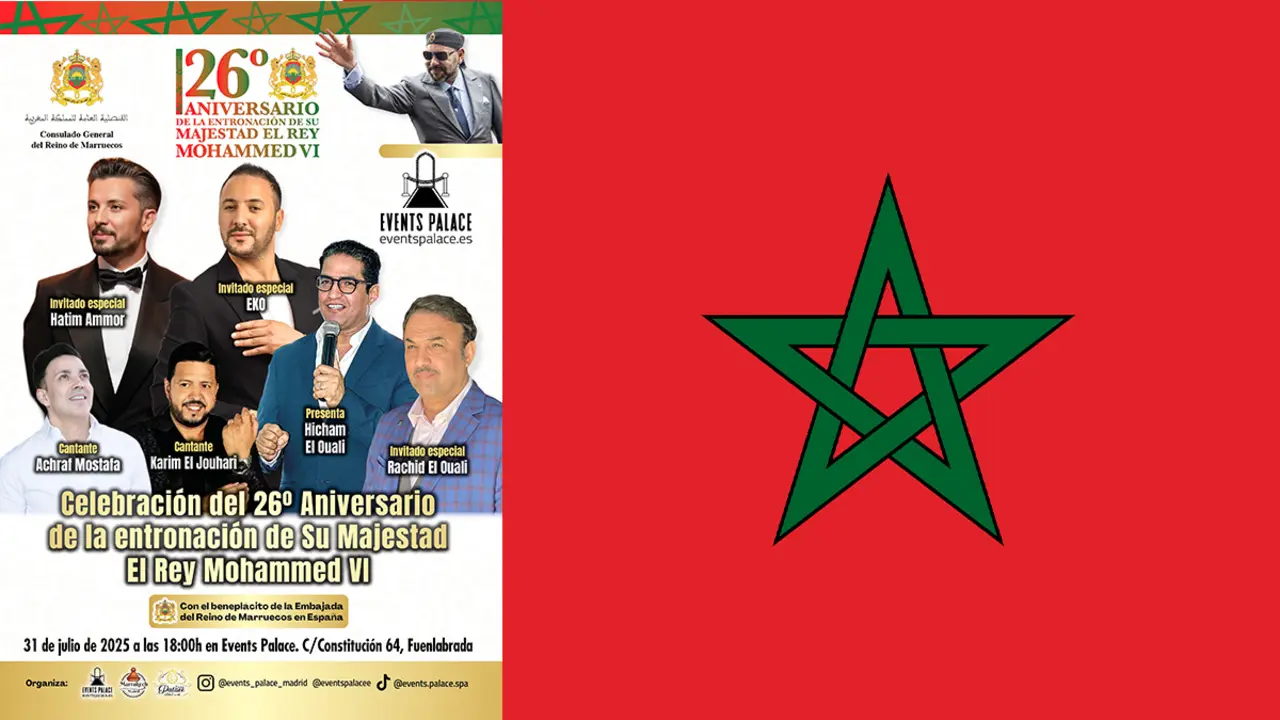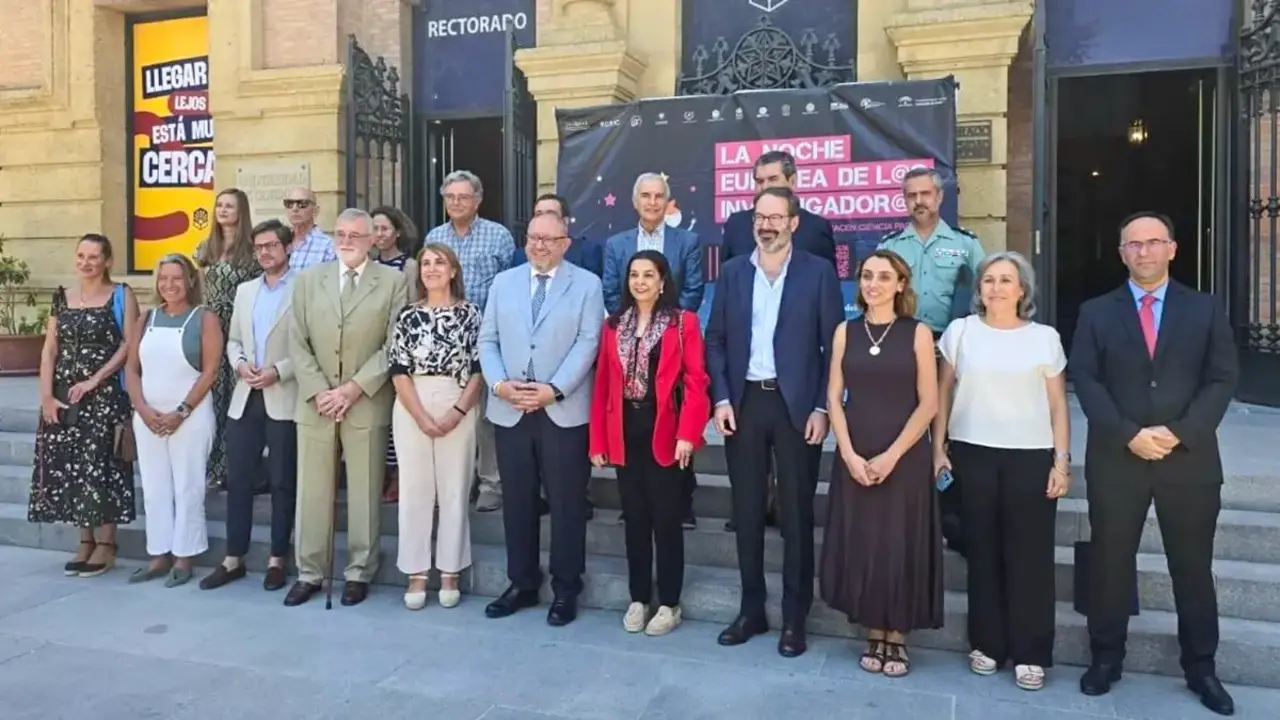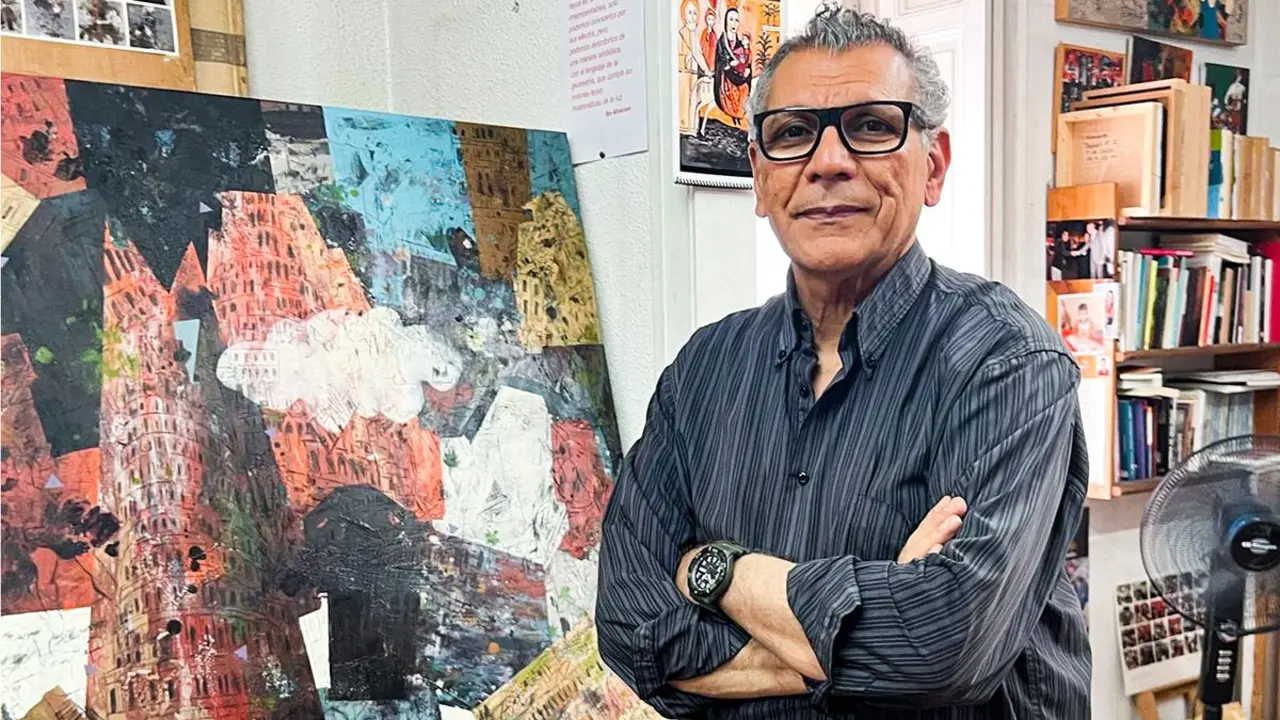Pedro Sánchez: "Linguistic plurality is a unique value that defines us and, quite simply, makes us who we are"

The acting President of the Spanish Government, Pedro Sánchez, took part on Monday in an event to mark the European Day of Languages at the Cervantes Institute, "an institution that does unique work for the dissemination of Spanish and the other co-official languages of Spain throughout the world", he said.
In Europe, he said, 200 languages are spoken, and many others brought by the citizens who live together in the territory, "something unique because of its singularity and which deserves the highest level of protection. It is a pride that should never be considered as a closed feeling", he stressed.
In relation to the diversity of languages in Spain, and unlike other countries, the President recalled the protection of the co-official languages by constitutional mandate, and celebrated the social achievement whereby "we have become fully aware of something fundamental: linguistic plurality is a unique value that defines us and, quite simply, makes us who we are".
On the eve of the commemorative day of the Day of Languages, which is celebrated on 26 September, the Cervantes Institute presented a special multilingual edition - with the translation into the twenty-four official languages of the European Union and the three co-official Spanish languages - of the poem "Grito hacia Roma", by Federico García Lorca, and paid tribute to the figure of the writer Rosalía de Castro with the deposit of her legacy "in memoriam" in the Caja de las Letras.
The director of the Cervantes Institute, Luis García Montero, welcomed the event in which "we celebrate the diversity and understanding of languages in order to insist on the simplest thing: the best way to respect each other is to respect our words", and called for "understanding the importance of the linguistic universe in which we grow up and in which we become citizens".
This initiative, created in 2001 by the European Union to promote language learning in Europe and to recognise the wealth of multilingualism, was also joined by the acting Ministers of Foreign Affairs, José Manuel Albares, and of Education and Vocational Training, Pilar Alegría; and the President of the Congress of Deputies, Francina Armengol, among others.

Lorca's cry, love in the face of hate
García Montero recalled how the poet from Granada, during his stay in New York in 1929, received the news of the signing of the Lateran Treaty between Pope Pius XII and Benito Mussolini, which made him climb the highest building in the city (then the Crysler Building) to head for Rome, "in a cry that tries to replace hate with love".
This poem, included in the work "Poet in New York" (1929), is the subject of a special edition produced by the Cervantes Institute, in collaboration with the Federico García Lorca Foundation and the Coordination Office of the Spanish Presidency of the Council of the European Union 2023, which includes two forewords by the President of the Government, Pedro Sánchez, and the Director of Cervantes, Luis García Montero. The volume presents the poem translated into the official languages of the European Union and the three co-official Spanish languages - Basque, Catalan and Galician -, as well as featuring illustrations by Lorca himself.
Multilingual recital to celebrate diversity
European linguistic diversity was staged, in the words of García Montero, in a "moving act of remembrance of the poet and the commitment to defend cultures and languages as an area of democratic understanding", with a recital of poems in the official languages of the countries that make up the Presidency of the Council of the European Union (Spain, Belgium and Hungary) and the three co-official Spanish languages.
Representatives of the embassies of the countries that make up the Presidency trio, together with Spain, recited the composition in their respective official languages: Kinga G. Nagy, Deputy Consul General of Hungary (in Hungarian); Clémence Bouchat, Cultural Officer for Wallonia-Brussels International (in French); and José de Pierpont, Minister-Counsellor of the Belgian Embassy in Spain (in Dutch and German).
García Lorca's verses were then shared in Spanish and the three co-official languages of Spain. The writer, winner of the National Prize for Spanish Literature, Bernando Atxaga, recited the poem in Basque, in a video intervention; the writer and actress Estel Solé, dedicated the interpretation of the poem in Catalan to Joan Margarit (1938 - 2021); and the writer Manuel Rivas, winner of the National Narrative Prize, recited it in Galician and also recalled how García Lorca "made the best gift that can be made to a language and a culture, he composed Seis poemas galegos (1936)". Finally, the actor and director Juan Diego Botto, who read in Spanish, expressed the privilege of reading "Grito en el cielo", his "favourite poem".

Legacy "in memoriam" of Rosalía de Castro
As part of this activity, the Cervantes Institute's Caja de las Letras received the legacy "in memoriam" of the writer Rosalía de Castro (Santiago de Compostela, 1837 - Padrón, 1885), a key figure in 19th century literature. The president of the Consello da Cultura Galega, Rosario Álvarez, in a speech delivered in Galician, explained the content of Rosalía's legacy and recalled the commitment and courage of the founding author of Galician literature.
The acting president of the Government, Pedro Sánchez, and the president of the Congress of Deputies, Francina Armengol - together with Rosario Álvarez, Luis García Montero and the acting ministers Albares and Alegría - deposited the legacy of the writer representative of the Galician Rexurdimento in box no. 1671. The president of the Consello da Cultura Galega detailed the elements that make up this donation "which is somewhere between the material and the symbolic, which oscillates between Rosalía's own voice and the validity of her everlasting legacy", and added about her intervention exclusively in Galician that "it could not be a barrier, any more than it was for Federico García Lorca".
Rosalía's work was collected in the vault with three publications, the "Follas Novas", facsimile of the first edition (1880), "Cantares Gallegos" (1968), and "Rosalía de Castro. Autógrafos poéticos" (2017). Other publications include "7 Ensayos sobre Rosalía" (1952); a copy of the lecture given by Luis García Montero at the Cervantes on the occasion of the 150th anniversary of Cantares; and a copy of the record-book "Cantares para Rosalía" (2013).
The poet's special love for flora was reflected in the donation of the publication "Nasín cando as prantas nasen" (2022), a poster and a copy of a previously unpublished audiovisual recording. Music, on the other hand, was represented by a copy of the record "Rosalía de Castro-Amancio Prada" (1975), dedicated by Amancio Prada to Rosalía, who also donated "Seis canciones gallegas" by Lorca.
Other curiosities complete the legacy, such as the certificate by which the International Astronomical Union named Rosalía de Castro a star in the constellation Serpentario, and "Riosar a su exoplaneta"; the facsimile edition of "Rosaliana"; or the contemporary interpretation of her portrait.

Co-official languages, freedom and a unique identity
In his closing speech, Pedro Sánchez recalled the Atlas Lingüístico de la península ibérica (ALPI) project, which uncovered "a plural linguistic geography as rich as the Spain in which we live", he said, in what is "a collective effort that goes back a long way in order to protect and preserve our linguistic wealth".
He also identified this protection from two perspectives, both because it forms part of the great cultural legacy of our country, which "we must therefore take care of", and because it is "a political decision, just as it is a political decision to censor or curtail it. There are those who are tempted to caricature this effort, even those who invent battles or conflicts, where there is only democratic normality," he said.
Sánchez ended his speech with a plea in the four Spanish languages: "I demand that we can call each other: meus amigos, amics meus, lagunak, my friends".
Sent by José Antonio Sierra, Hispanismo advisor.

